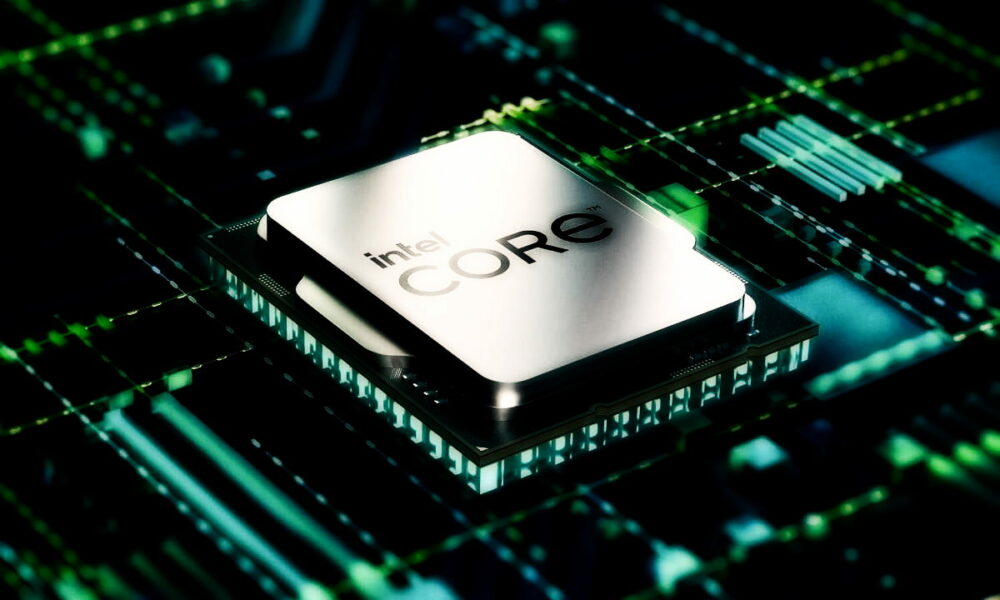The days that separate us from September 27 are still passingthe date when we expect Intel to introduce the first 13th generation Intel Core chips, Raptor Lake, which will be the second generation of Intel processors with hybrid technology (that is, a combination of high-performance cores with special energy efficiency cores), in which the Raptor Cove cores will debut, which is a key factor for the performance improvement already pointed out by the leaked tests.
And yes, due to the absence of about two months for its introduction, a few silicons of the new generation of Intel are already traveling around the world and of course being tested in the main benchmarks. So in the last few weeks We could already tell you about the first tests of Core i9-13900K, Core i5-13600K and Core i7-13700Kin all cases with synthetic tests, which shows the performance jump with respect to Alder Lake that I mentioned above.
However, there are many users who prefer gaming performance tests to synthetic tests, and for these people the tests performed by ExtremePlayer are very interesting becauseIntel Core i5-13600K and Core i7-13700K processors tested in various gameswhen comparing its performance with that of its predecessors in the twelfth generation, i.e. Intel Core i5-12600K and Core i7-12700K.
To make it easier (and a lot) to read, Twitter user Harukaze5719 created and published by a few of the most complete (and thus relatively extensive) tables:
We can verify this in the summary of the extensive content of these tables the new Raptor Lake processors, not yet final units, are faster at all resolutionsespecially FullHD and QHD, with improvements ranging from 7% to 14%, results that are quite consistent with what we’ve seen before.
As in the previous tests, also in this case ExtremePlayer reverted to using both DDR4 and DDR5 memoriesfor which she used ASRock Z690 Steel Legend WiFi 6E (DDR4 compatible) and ASRock Z690 Steel Legend WiFi 6E/D5 (DDR5 compatible) motherboards, the only significant difference of which for the purposes of these tests is the type of RAM they use, which proves , that all things being equal, the jump from DDR4 to DDR5 is more than justified for performance purposes.
